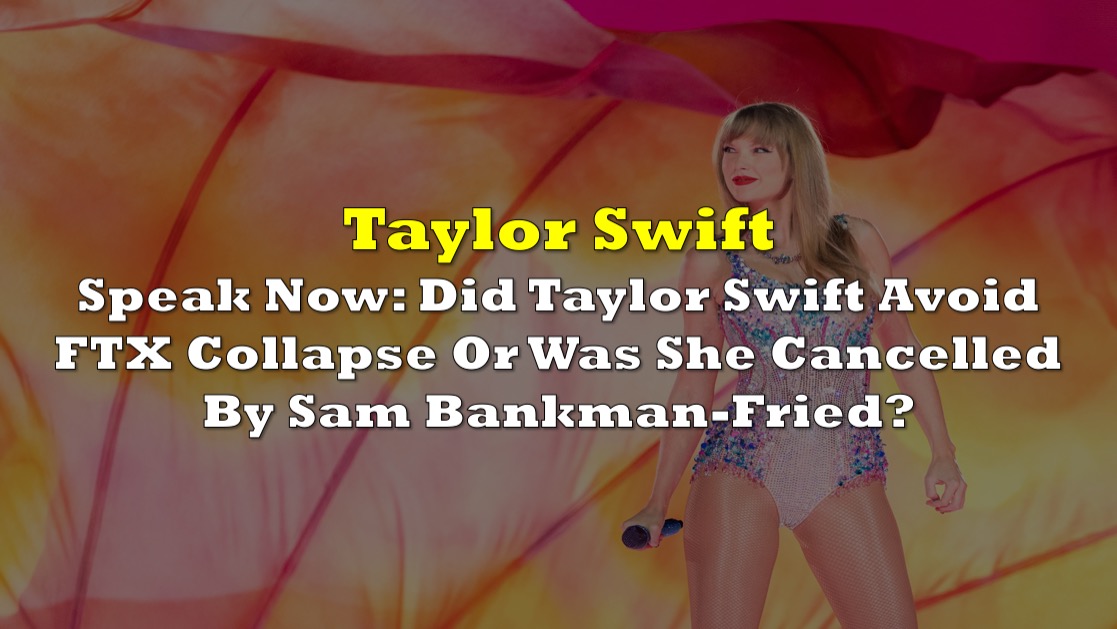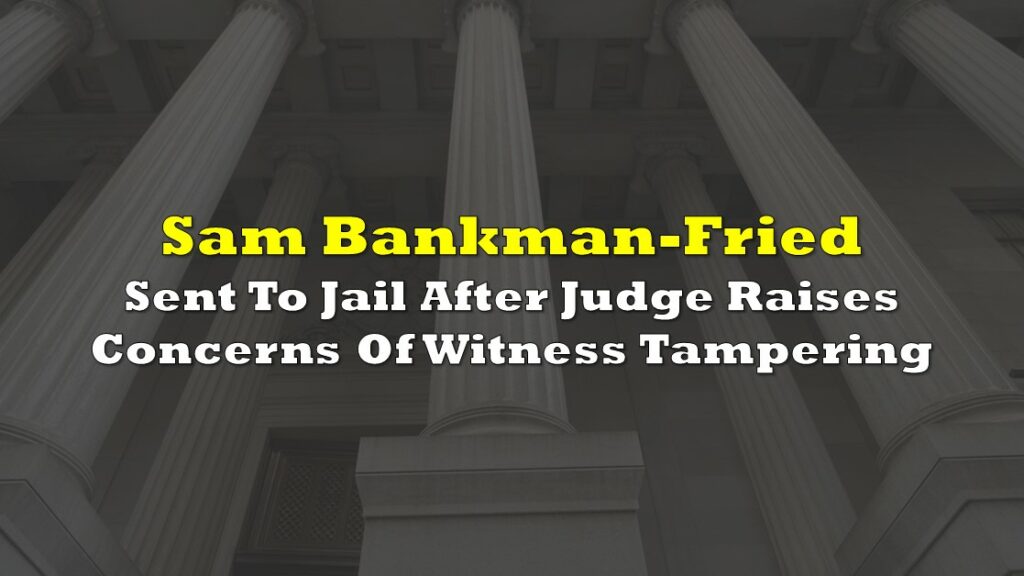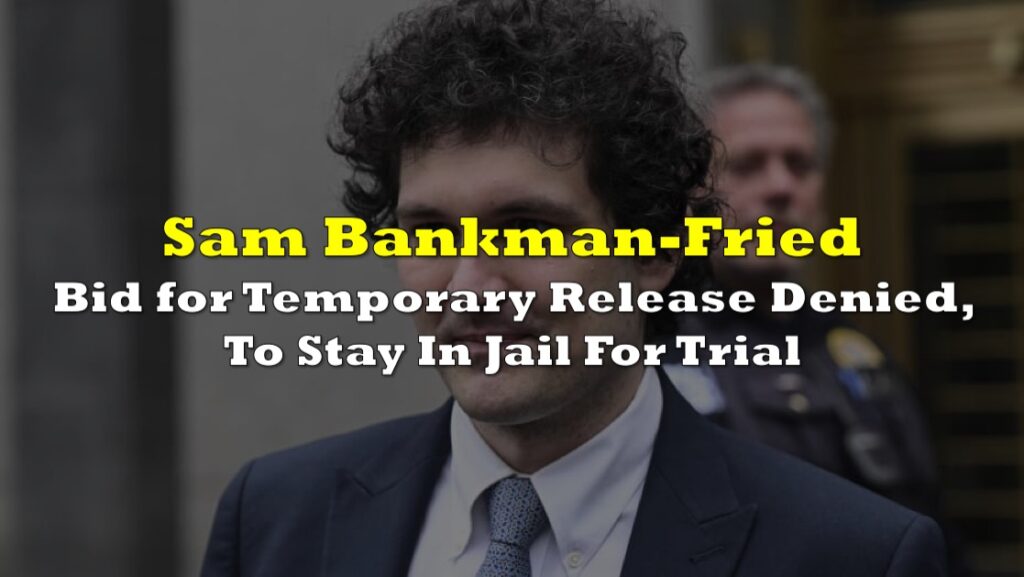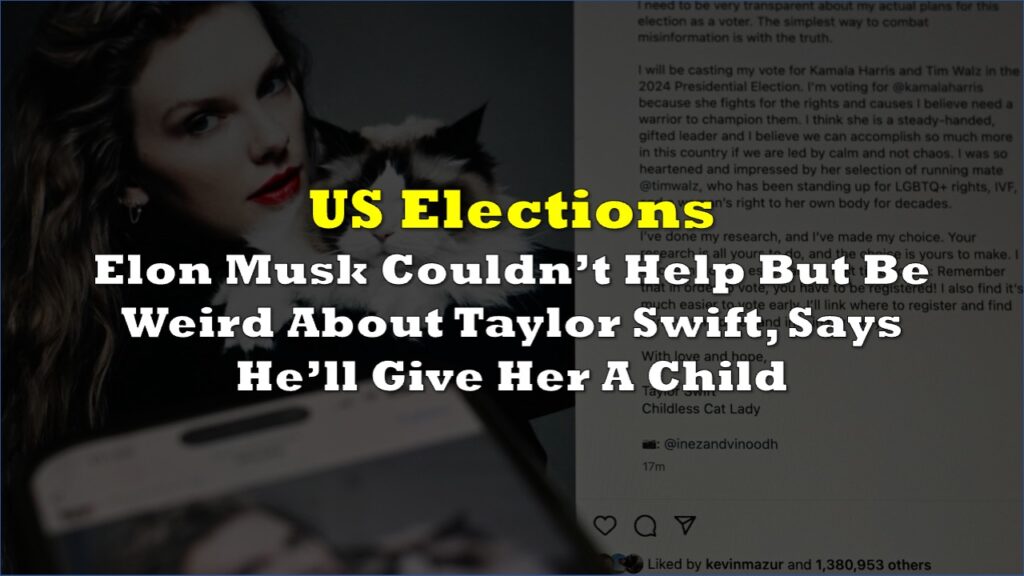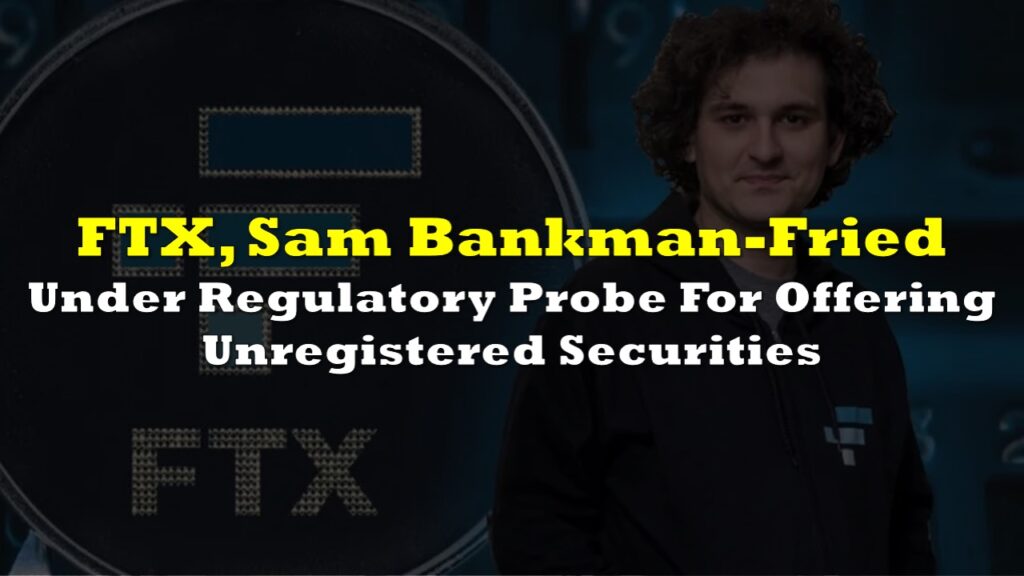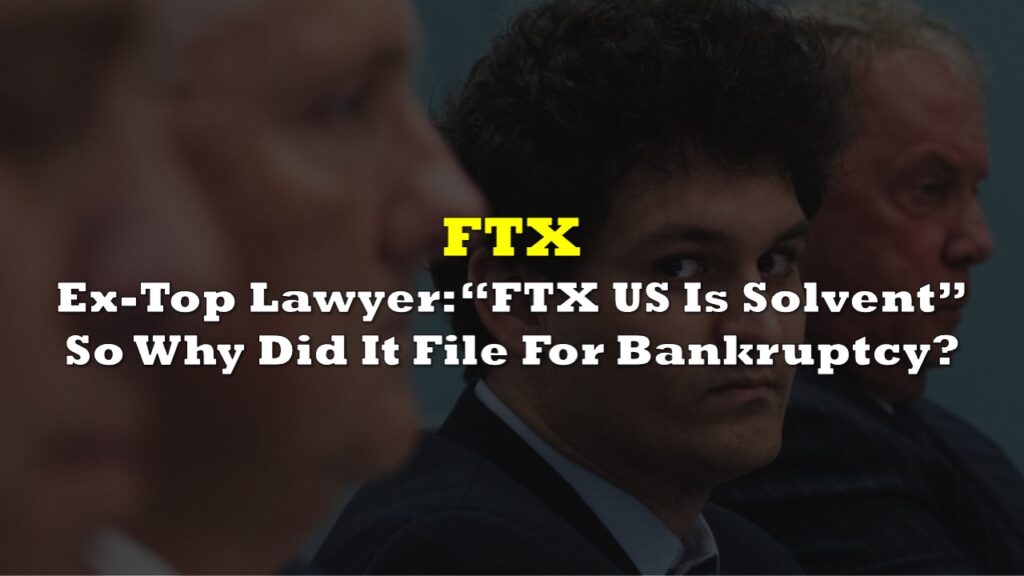Taylor Swift had discussed a potential deal with FTX last year, which could have paid her up to $100 million, according to sources familiar with the matter. While other promotional options were declined by the singer, a tour sponsorship was being considered during the negotiations.
However, the lawyer suing the celebrities, Adam Moskowitz, clarified that he had no inside information about the talks, despite his earlier comments on a podcast in April regarding Swift’s due diligence on FTX.
In reality, it was reported by three individuals with knowledge of the deal that Swift’s team had signed the sponsorship agreement with FTX after more than six months of discussions. It’s also claimed that ultimately FTX founder Sam Bankman-Fried was the one who backed out of the deal, leaving Swift’s team frustrated and disappointed.
Swift’s camp, who’s in the middle of promoting the singer’s studio album Speak Now, declined to comment when asked by The New York Times.
Previously, former FTX spokesperson and investor Kevin O’Leary claimed that Swift only shook off the $100 million FTX deal because the exchange was already going bankrupt. Speaking to YouTuber Kevin Paffrath, O’Leary casually “speculated” that “the only reason she didn’t $100 with FTX is that they blew up first.”
Paffrath on the other hand, speculated that the recent headlines about Swift dodging the FTX bullet was more about the law firm advertising itself than the singer actually managing to dodge anything.
Last year witnessed a surge in celebrities embracing cryptocurrencies, enticed by the promise of easy money and online hype. However, the crypto boom came crashing down, leading to lawsuits, regulatory scrutiny, and a harsh reality check for those who rushed to ride the wave of virtual currencies.
Amidst FTX’s downfall last fall, Tom Brady, the seven-time Super Bowl-winning quarterback, found himself concerned. As an ambassador for FTX, the football star had appeared at the company’s conference in the Bahamas and featured in TV commercials promoting the exchange as the most trustworthy institution in the crypto world.
His endorsement deal with FTX, which paid him $30 million in FTX stock, was now at risk. Additionally, Brady’s former wife, Gisele Bündchen, received $18 million in FTX stock. With FTX going bankrupt and Bankman-Fried facing criminal fraud charges, both Brady and Bündchen were sued by a group of FTX customers seeking compensation.
This situation represents the highest-profile case of the reckoning faced by celebrities who eagerly embraced cryptocurrencies and the easy money associated with them. During the boom, well-known figures such as Paris Hilton, Snoop Dogg, Reese Witherspoon, and Matt Damon expressed enthusiasm or invested in crypto projects, bringing mainstream attention to digital currencies. However, the crash in prices last year put an end to the celebrity crypto bonanza.
In the aftermath, several incidents unfolded involving legal actions against celebrities. The Securities and Exchange Commission (SEC) ordered Kim Kardashian to pay $1.26 million for inadequate disclosures when endorsing the EthereumMax crypto token.
A lawyer in California sued MoonPay and Yuga Labs, alleging that they misled investors through a network of A-list musicians, athletes, and celebrities. The SEC charged Lindsay Lohan, Jake Paul, Soulja Boy, and Lil Yachty for illegally promoting crypto assets. Shaquille O’Neal was served court papers while broadcasting from an NBA playoff game after months of unsuccessful attempts.
Start-ups and celebrities have long maintained a symbiotic relationship, with start-ups offering money-making opportunities to stars while gaining credibility and reaching a larger audience. FTX, among the start-ups seeking celebrity endorsements, was particularly eager. Brady’s name was at the top of the list for Bankman-Fried, who envisioned promoting the company with the help of celebrities. Brady and Bündchen agreed to endorse FTX, with Brady even co-founding Autograph, a venture focusing on nonfungible tokens.
Unfortunately, FTX’s collapse resulted in the loss of the company’s $32 billion valuation, including the $48 million worth of shares held by Brady and Bündchen. They also lost a small amount of Ethereum, Bitcoin, and Solana tokens held on the platform.
Autograph also faced difficulties during the crypto meltdown. The company’s revenue declined, leading to a shift in strategy to focus more on helping celebrities build fan loyalty rather than marketing crypto tokens. Autograph has downsized its workforce and removed some crypto-related language from its marketing materials.
Some celebrities narrowly avoided the crypto debacle. Katy Perry, for instance, engaged in talks about a partnership with FTX that ultimately did not materialize.
Information for this story was found via The New York Times and the sources mentioned. The author has no securities or affiliations related to the organizations discussed. Not a recommendation to buy or sell. Always do additional research and consult a professional before purchasing a security. The author holds no licenses.

